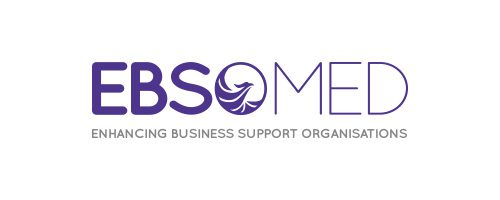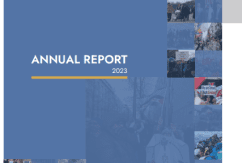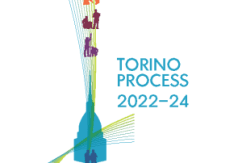Expert(s) for the BSO Management Academy on Strategic Planning, Lebanon

In the framework of the EBSOMED project CAWTAR will organize the first BSOs management academy on strategic planning for BSOs which will be held in Lebanon from November, 30, 2018 to December, 01, 2018. This academy is a part of a series of 4 Academies which will cover – in addition to strategic planning for BSOs – 3 additional thematic, namely:
- EU Project development / planning
- EU Project Management
- EU Project Monitoring, Evaluation & reporting
The EBSOMED Management Academy aims to:
- Enhance the capacities of BSOs executives to better manage their organisation and improve the qualities of services provided to their members.
- Network, exchange of experiences and best practices among the BSOs involved.
- Create synergies between the BSOs involved.
To successfully conduct this activity, CAWTAR seeks to recruit one or more short term experts / consultants to deliver the first Academy.
Objective
The BSOs management academy on strategic planning for BSOs aims to Strengthen the capacity of BSOs in strategic planning so that they can refine their visions and orientations by taking into consideration possible synergies with the 2030 SDGs, horizon 2020 and adapting a gender and human rights approach (GHRA).
Duration and Target Groups
BSOs Management Academy is a 2 days event that targets Intermediary Organisations’ executives in the view of offering them dedicated capacity training.
Example of BSOs: Associations/NGOs, employers’ organizations, chambers of commerce and industry, networks of entrepreneurs, public and private institutions working on business issues and targeting mainly women entrepreneurs
Expert profile
- A minimum of 10 years of experience, including 5 years in a senior position, with international experience in the area(s) of sustainable development, strategic planning and results-based management (RBM);
- Proven experience in the development of strategic planning training program
- Knowledge of cross border cooperation context especially for the private sector and BSOs.
- Strong understanding and experience in strategic planning, international development, SDG’s 2030, horizon 2020, gender and human right approach.
- Training of Trainers Certification in strategic planning and Results Based Management,
- Proven experience as trainer and facilitator of the trainings specially in strategic planning.
- Master the use of participatory approaches and adapted training techniques for adults;
- Experience in producing International training reports
- Excellent command of written and spoken English and Arabic.
- Be a candidate from one of South Mediterranean countries (exception for Syria)
Expert mission
The expert will:
- Design and develop the necessary training modules detailing the objectives of each module, the agenda, the pedagogical, methodological and logistical details of each session as well as their plans, etc. (the training program and the approach should highlight synergies between BSOs strategies and SDG’s 2030, horizon 2020 it should adopt GHRA.
- Facilitating a two-day training workshop for BSO representatives (managers / executives) using the training modules developed;
- Design training evaluation tools;
- Carry out a training Report with an orientation note including an evaluation of the training and suggestions regarding the reproduction actions of the training.
- Develop a follow-survey (pre/post evaluation)
Methodology
The pedagogical animation of the workshop will be based on the participative approach which will allow through interactive exchanges a sharing of knowledge and experiences on strategic planning, RBM for BSOs and GHRA. As a result, two strategies will be used to facilitate the effective and active participation of participants:
- The teaching or facilitation strategy that will be used by the trainer(s) to convey basic concepts and theoretical approaches. In the plenary session, the trainer will give introductory presentations and facilitate brainstorming exercises, open discussions or quizzes to allow learners to contribute to the definition of basic concepts and description of methodological approaches. Learners’ understanding of concepts will be facilitated by their active participation;
- The learning strategy will be to put learners in a learning situation in working groups (learning by doing). Using concrete exercises adapted to their needs or those of their target groups, they will have the opportunity to apply basic concepts and methodological approaches.
During the plenary sessions, exchanges will be facilitated by the trainers. In the working groups, the discussions will be led by rapporteurs who will be freely chosen by the learners.
Other Opportunities





































